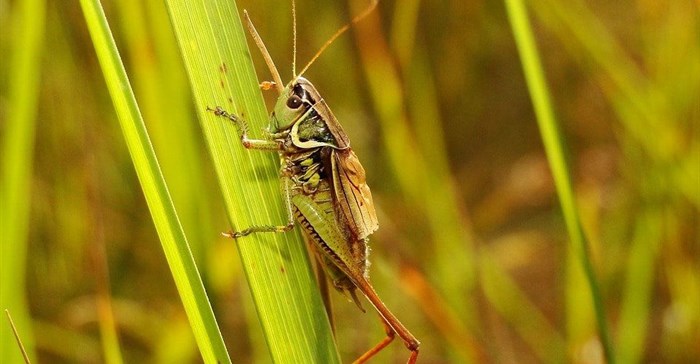
The €55,38bn market is expected to grow to €76,21bn by 2023 with the synthetic and biopesticides product segments accounting for 90,2% and 9,8% of the revenue, respectively, in 2018. However, with greater adoption of residue-free pesticides, the biopesticides segment is likely to generate 17,7% of the revenue by 2023.
"With the decrease in the area of arable land across the globe, there will be a focus on technologies that can increase the efficacy of synthetic pesticides," said Arun Ramesh, research manager of Visionary Science. "Advances in DNA technology to augment yield, nano-coatings, and eco-friendly technologies that facilitate active ingredients to act directly on target cells in the biopesticides segment will especially find market traction.
"APAC dominated the global crop protection market with a 41,8% revenue share in 2018, followed by Europe with 22,1%, RoW with 20,9%, and North America with 15,1%," noted Ramesh. "Based on growing demand and increasing population, the market in APAC is forecast to grow at 6.4% for synthetic pesticides and 23,4% for biopesticides by 2023."
As biopesticides are assessed under the same regulations as synthetic substances in the EU, there is a need for new provisions and guidelines to facilitate their registration. The market is also challenged by concerns of short shelf life, high cost, and easy degradation. Successful vendors will look to address these issues and tap further growth opportunities by:
• Developing innovative biopesticides that use living micro-organisms and plant extracts with complex modes of action and multiple classes. They help improve durability.
• Offering efficient, innovative and eco-friendly solutions, as the crop protection market is governed by rigid regulations.
• Delivering integrated products and services, including crop nutrition management and optimisation.
• Creating novel biopesticides that address customer needs such as long shelf life and new modes of action.
• Improving marketing channels and distribution networks in emerging nations for better visibility.
• Adopting a public-private sector approach to manufacturing and selling eco-friendly biopesticides as alternatives to synthetic pesticides.
• Identifying growth opportunities
Frost & Sullivan’s recent analysis, Global Crop Protection Market Forecast to 2023, analyzes the market segments of herbicides, insecticides, fungicides, bioherbicides, bioinsecticides and biofungicides. It focuses on key growth factors, market trends, technologies, product innovations and the competitive landscape. The study covers the regions of North America, Europe, Asia-Pacific (APAC), and the rest of the world (RoW) (LATAM, the Middle East, and Africa).
Global Crop Protection Market Forecast to 2023 is part of Frost & Sullivan’s global future of agriculture and nutrition research and analysis available through the Frost & Sullivan leadership council, which helps organizations identify a continuous flow of growth opportunities to succeed in an unpredictable future.

AgriOrbit is a product of Centurion-based agricultural magazine publisher Plaas Media. Plaas Media is an independent agricultural media house. It is the only South African agricultural media house to offer a true 360-degree media offering to role-players in agriculture. Its entire portfolio is based on sound content of a scientific and semi-scientific nature.
Go to: http://agriorbit.com/